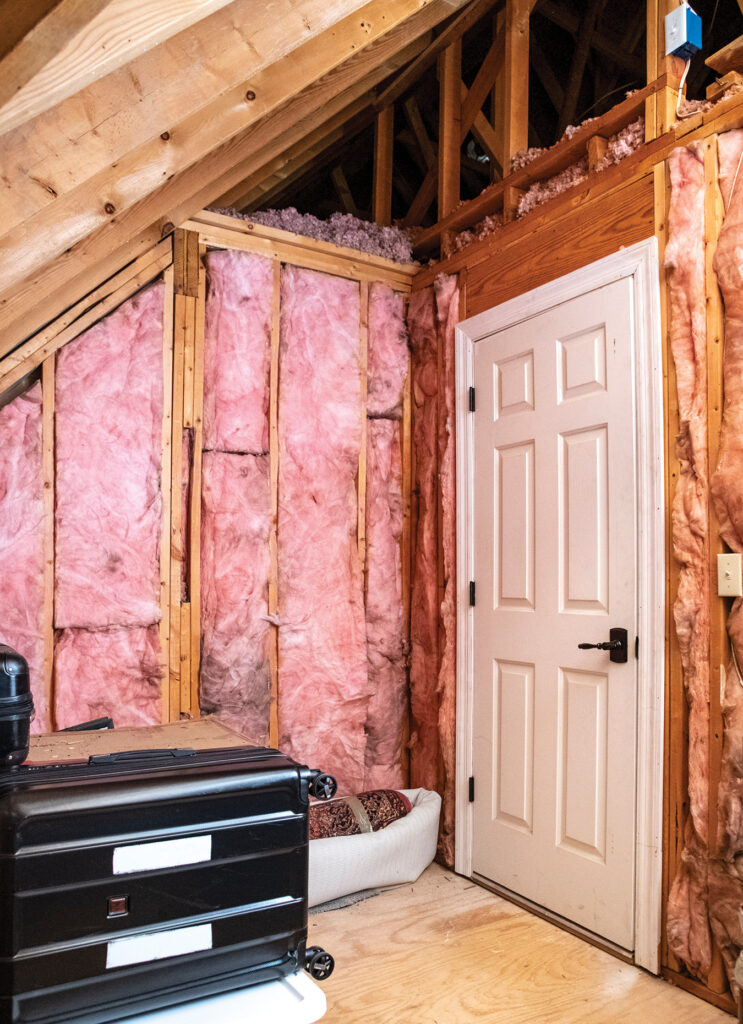How do I use federal tax credits and rebates to upgrade my home?
Tax credits and rebates can help bridge the affordability gap to higher efficiency equipment for your home, allowing you to complete energy efficiency upgrades that can lower your energy use and save you money in years to come.
First, knowing the difference between a tax credit and rebate is important. A rebate is a payment for purchasing or installing a qualified product or home improvement. Depending on how the rebate program is set up, it may be provided at the time of purchase or applied for and received after installation. Check with your electric cooperative to see if they offer rebates. Typically, the rebate is applied as a credit on your electric bill. In some cases, the rebate is provided as a cash payment to those who complete eligible projects.
A tax credit is a dollar-for-dollar amount that taxpayers can report on their tax documents to reduce the amount of taxes owed. You apply for a tax credit when you file your tax documents, so it typically takes longer to reap the benefits than it does with a rebate.
According to ENERGY STAR®, homeowners can qualify for up to $3,200 annually in federal tax credits for energy efficiency upgrades. Federal tax credits are available for heating and cooling system upgrades, including heat pumps, furnaces, central air conditioners, boilers and geothermal heat pumps. Tax credits for ENERGY STAR®-rated heat pump water heaters cover 30% of the project cost, up to $2,000. You can also improve your home’s envelope—the portion of the home that separates the inside from the outside—with tax credits for insulation, windows and skylights.

Photo courtesy Mark Gilliland, Pioneer Utility Resources
If an energy efficiency upgrade requires improving the electrical panel in your home, there’s a tax credit for that, too. You can receive 30% of the cost of the panel upgrade, up to $600.
These federal tax credits are available through 2032. You must own the home you’re upgrading, and it must be your primary residence. Federal tax credits only apply to existing homes in the United States, not new construction.
The Inflation Reduction Act of 2022 expanded available funding for many home upgrades. The act allocated $8.8 million for home rebate programs to be implemented at the state level, and this funding is offered in two different programs. The HOMES program allows up to $8,000 per home for standard-income households. Higher rebates are available for low- to moderate-income households. The HEAR program offers rebates of up to $14,000 per home for qualified, efficient electric equipment for low- to moderate-income households.
These programs are designed to bolster existing programs and should be available in late 2024 or early 2025. Check with your electric cooperative or state office to find out if they are being offered in your state.
Additional energy efficiency rebates might also be available. More than half of U.S. states require energy efficiency programs for residents, according to the American Council for an Energy-Efficient Economy. These programs can help people save money on their electric bills and help states meet climate goals, reduce system costs and improve the electric grid.
I have had the privilege of working in energy efficiency rebate programs for many years and have seen the benefits of these programs firsthand. Tax credit and rebate programs can make upgrades more affordable—helping people save money and improve the overall comfort of their homes.
Miranda Boutelle is the chief operating officer at Efficiency Services Group in Oregon, a cooperatively owned energy efficiency company.




